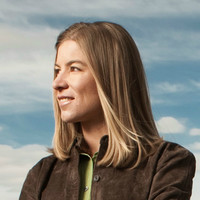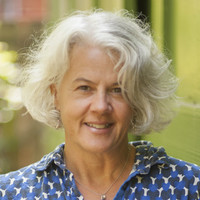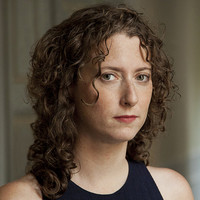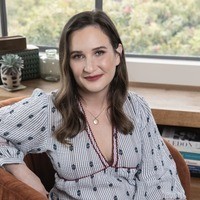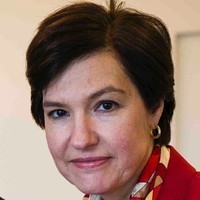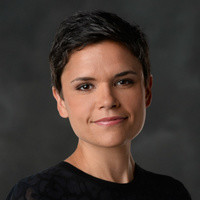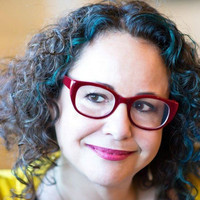Interview: Donald Trump
Look, this is about Russia. So I think if [Robert Mueller] wants to go, my finances are extremely good, my company is an unbelievably successful company. And actually, when I do my filings, peoples say, “Man.” People have no idea how successful this is. It’s a great company. But I don’t even think about the company anymore. I think about this. ’Cause one thing, when you do this, companies seem very trivial. O.K.? I really mean that. They seem very trivial. But I have no income from Russia. I don’t do business with Russia. The gentleman that you mentioned, with his son, two nice people. But basically, they brought the Miss Universe pageant to Russia to open up, you know, one of their jobs. Perhaps the convention center where it was held. It was a nice evening, and I left. I left, you know, I left Moscow.
